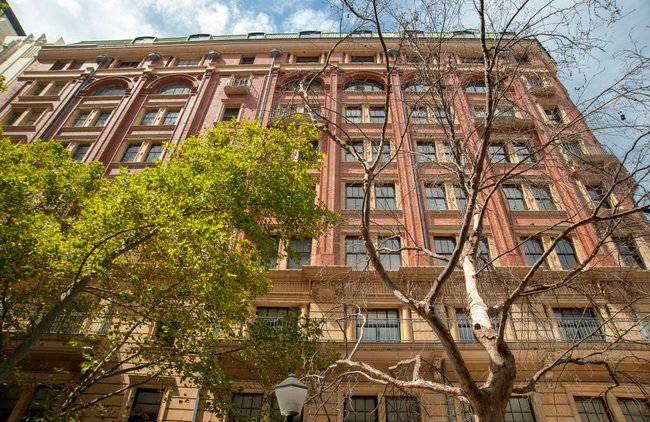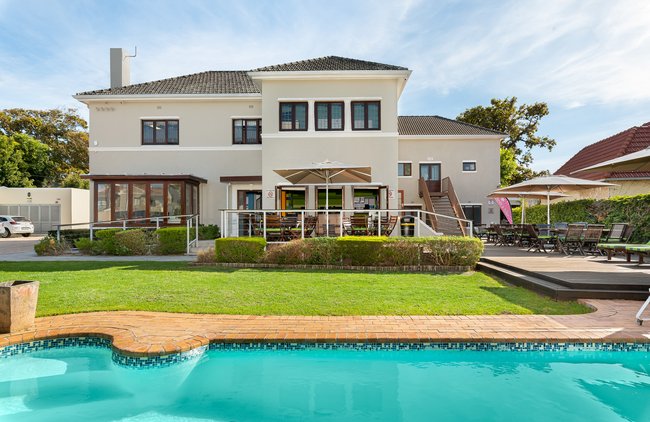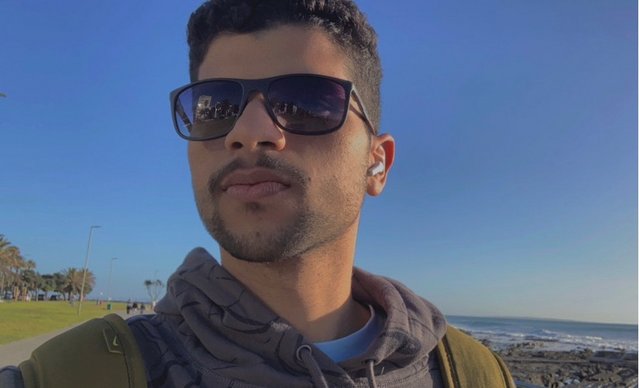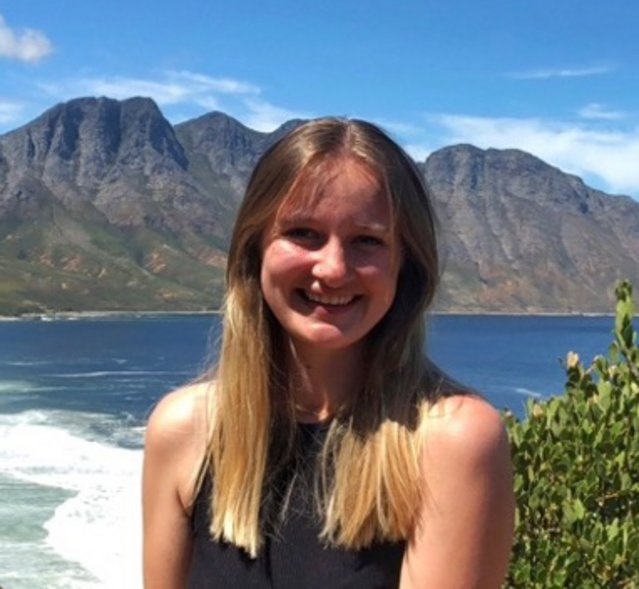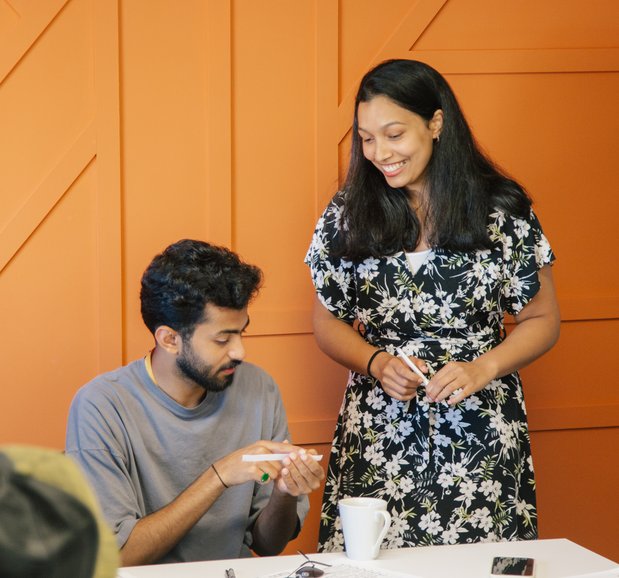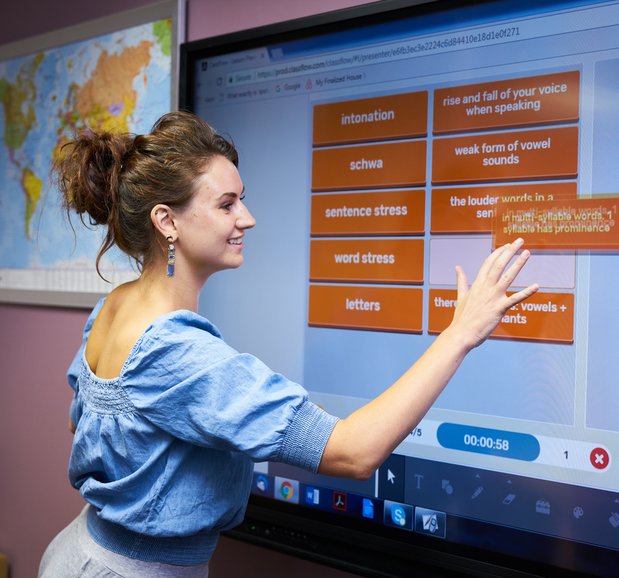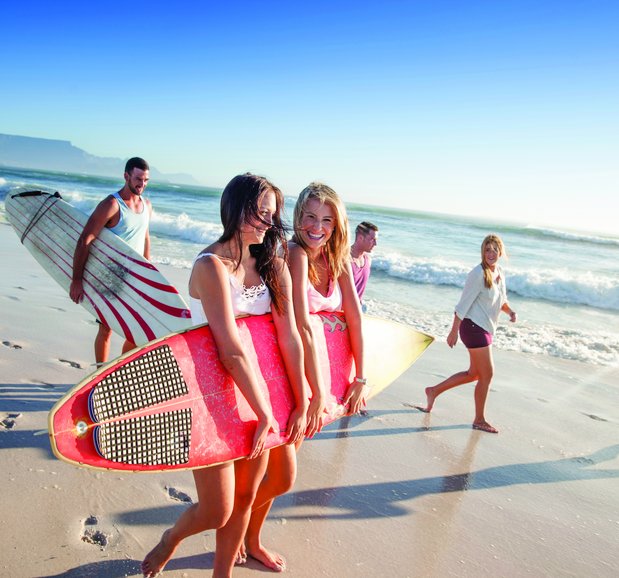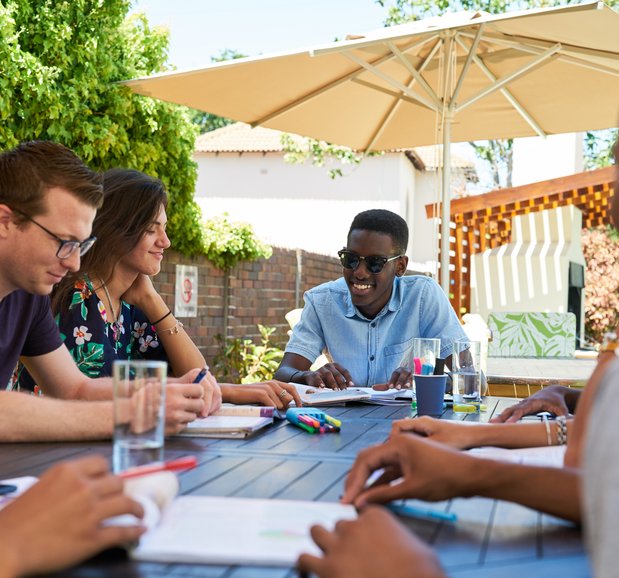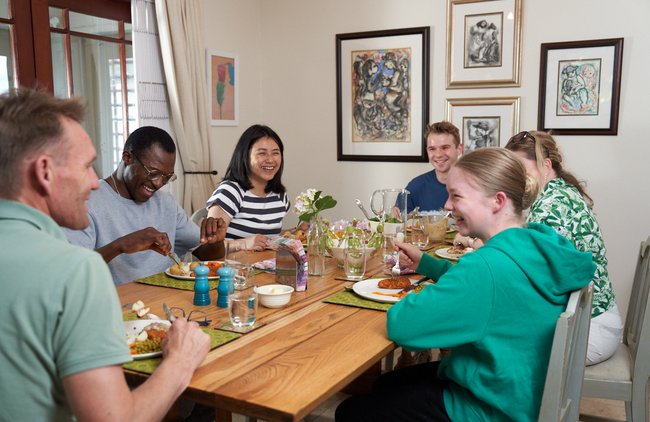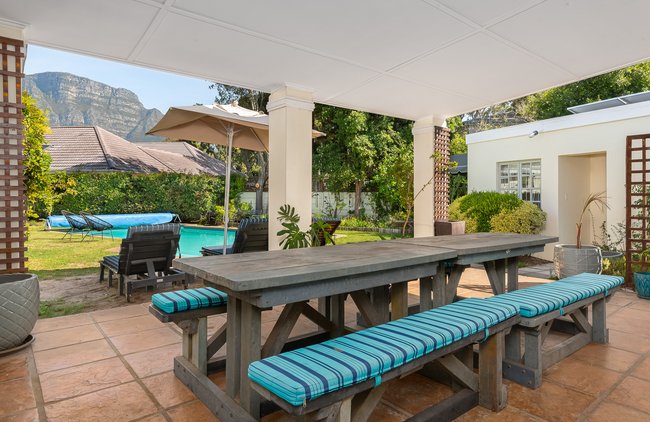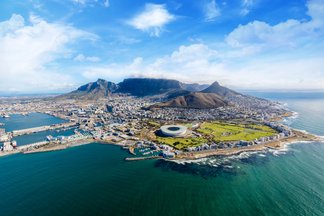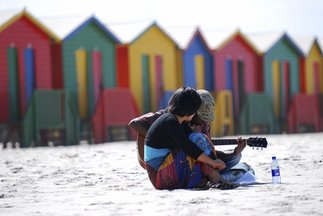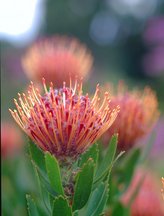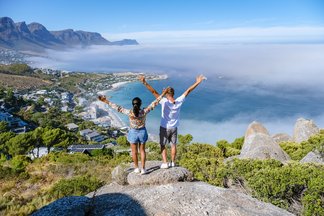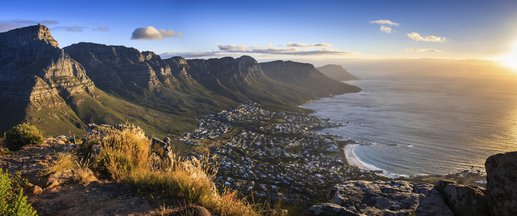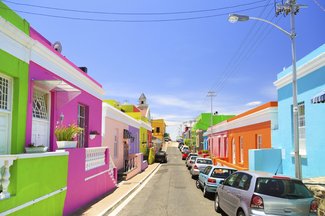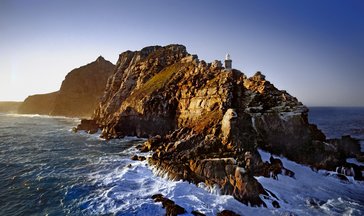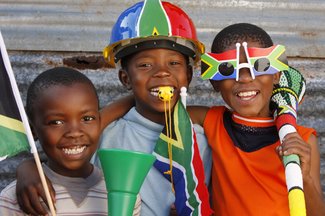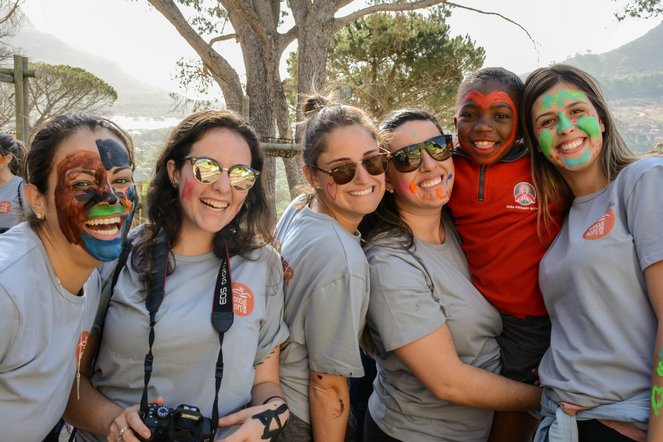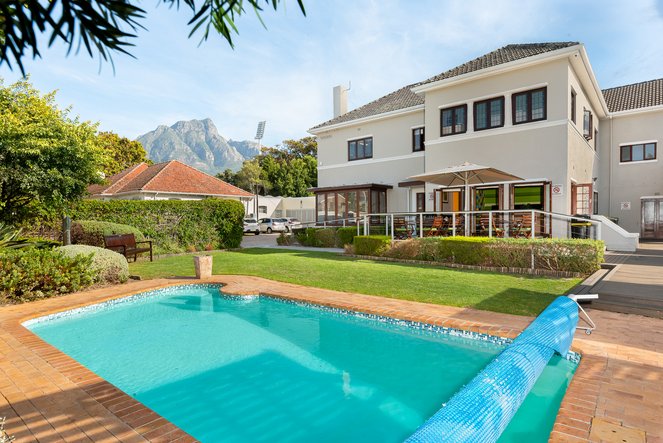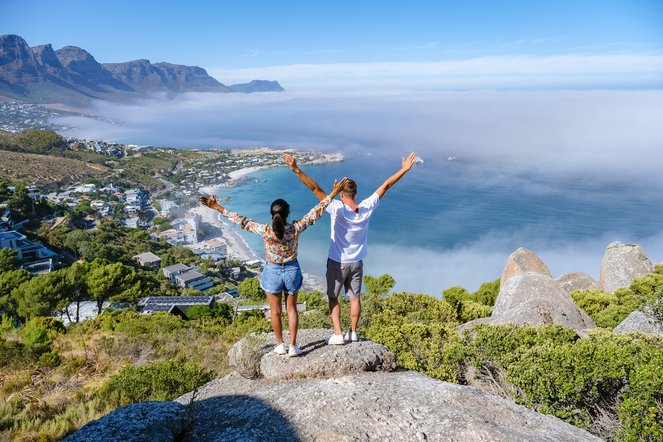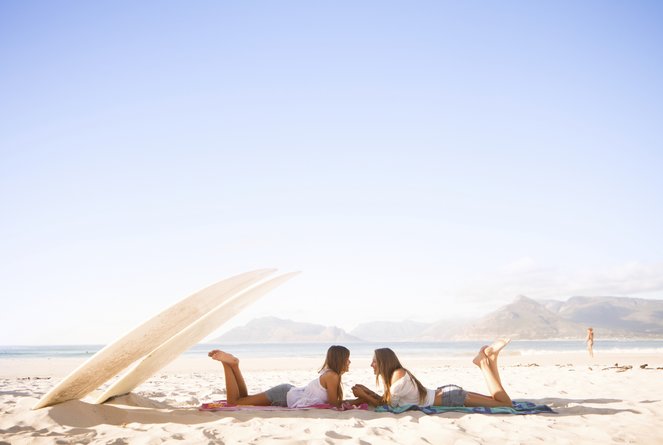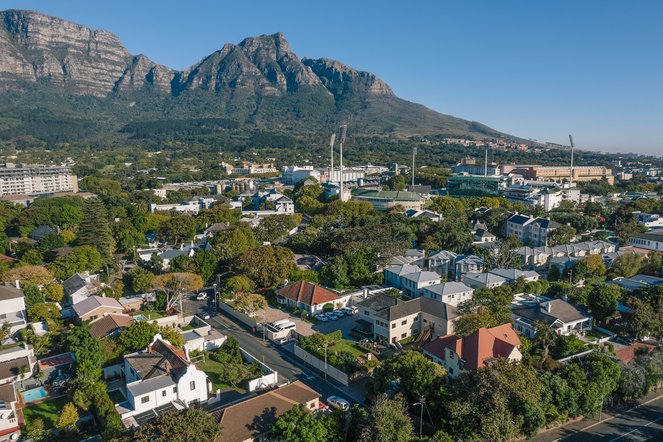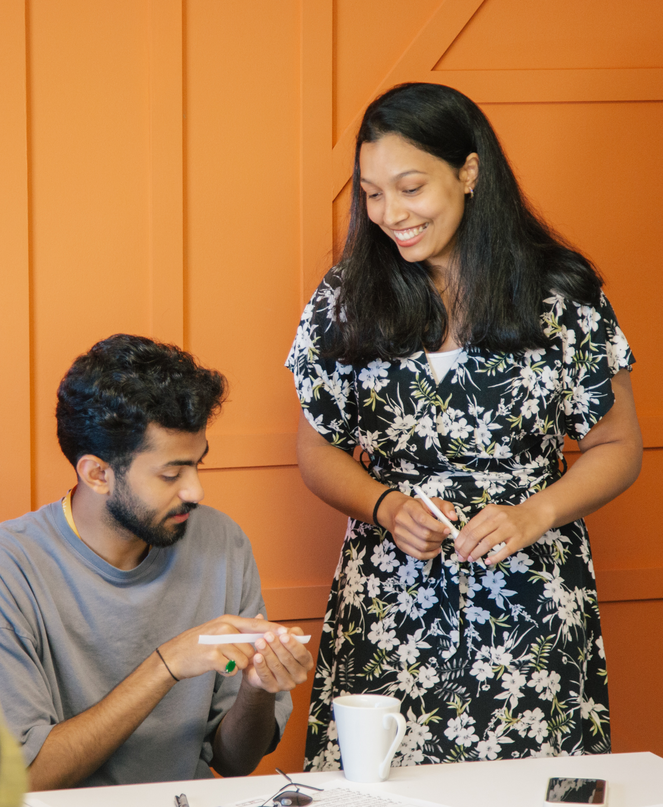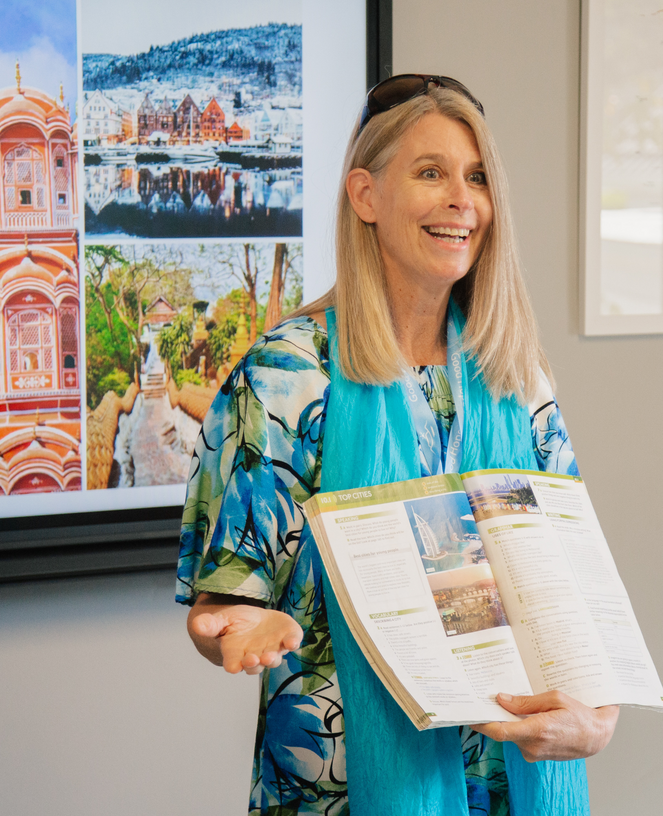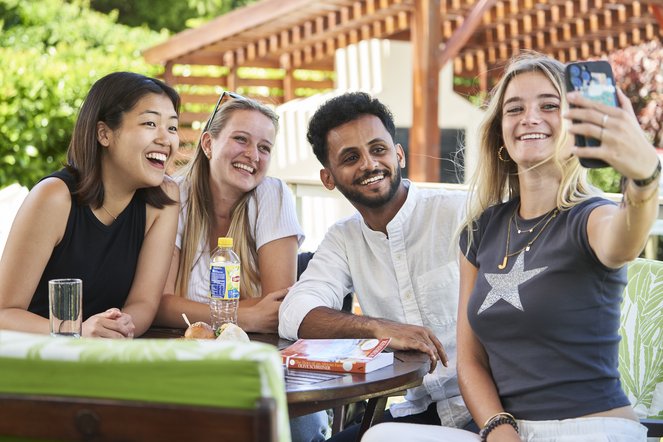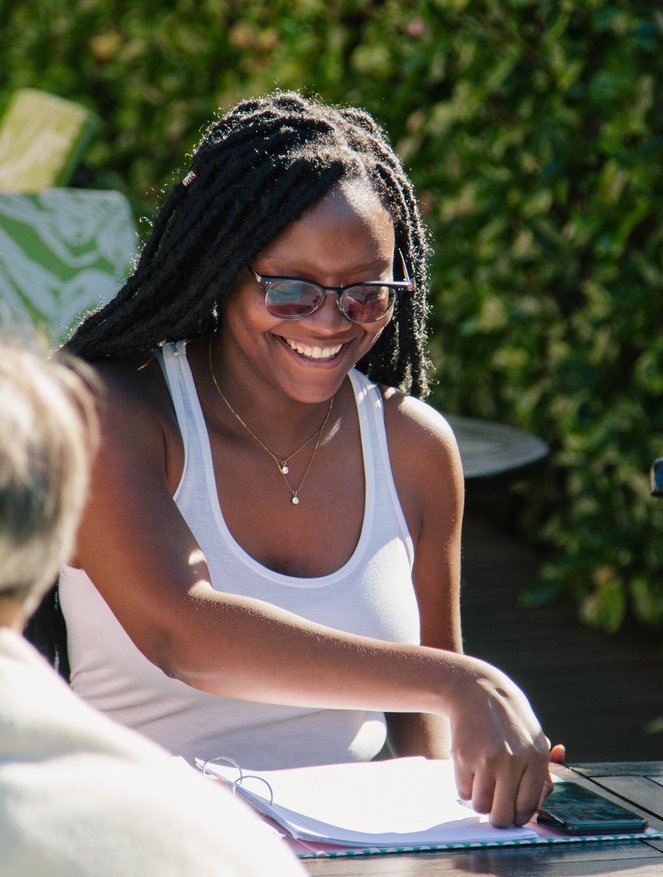Learn English in Cape Town
Good Hope Studies, an internationally accredited English language school in South Africa, located in one of the most beautiful cities in the world, offers a unique, highly efficient, fun and affordable learning experience.

Learn English in Cape Town
Good Hope Studies, an internationally accredited English language school in South Africa, located in one of the most beautiful cities in the world, offers a unique, highly efficient, fun and affordable learning experience.

Choose from 2 convenient locations
No more than 10 students in a class
Each lesson is 50 minutes
Modern equipment
All services from one provider
Our Locations
Good Hope Studies is the only language school in Cape Town that allows you to choose between two fantastic, stylish and convenient premises, both located in safe and beautiful environments
Our English Courses
We have the right course for you! Options and combinations won't disappoint.
Accommodation
Whether staying with a lovely family or in one of our thoughtfully designed residences close to our premises, we will make sure you feel at home when visiting South Africa.
Welcome to Good Hope Studies!
Take the opportunity to study English in Cape Town, South Africa, often declared the most beautiful city in the world. Why? Because Cape Town offers you first-class service in every respect at a very reasonable price, the best English language school in the southern hemisphere, more hours of sunshine than the Bahamas throughout the year and endless things to do in your free time, whether cultural, historical or adventurous in nature.
Our variety of English courses, exam preparation and special combination options, guarantee successful improvement of the language. At the same time you will make long-lasting new friendships during our exciting activities programme and get to know a culture that has more to offer than what you could have ever dreamed of.
Good Hope Studies is here to make your stay a once-in-a-lifetime experience and we won't disappoint you! Come and see for yourself and enjoy every minute of it!
